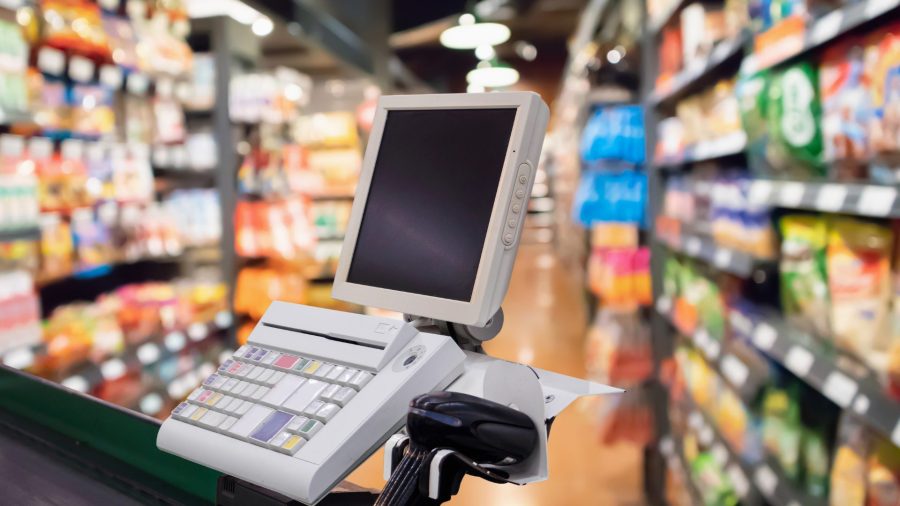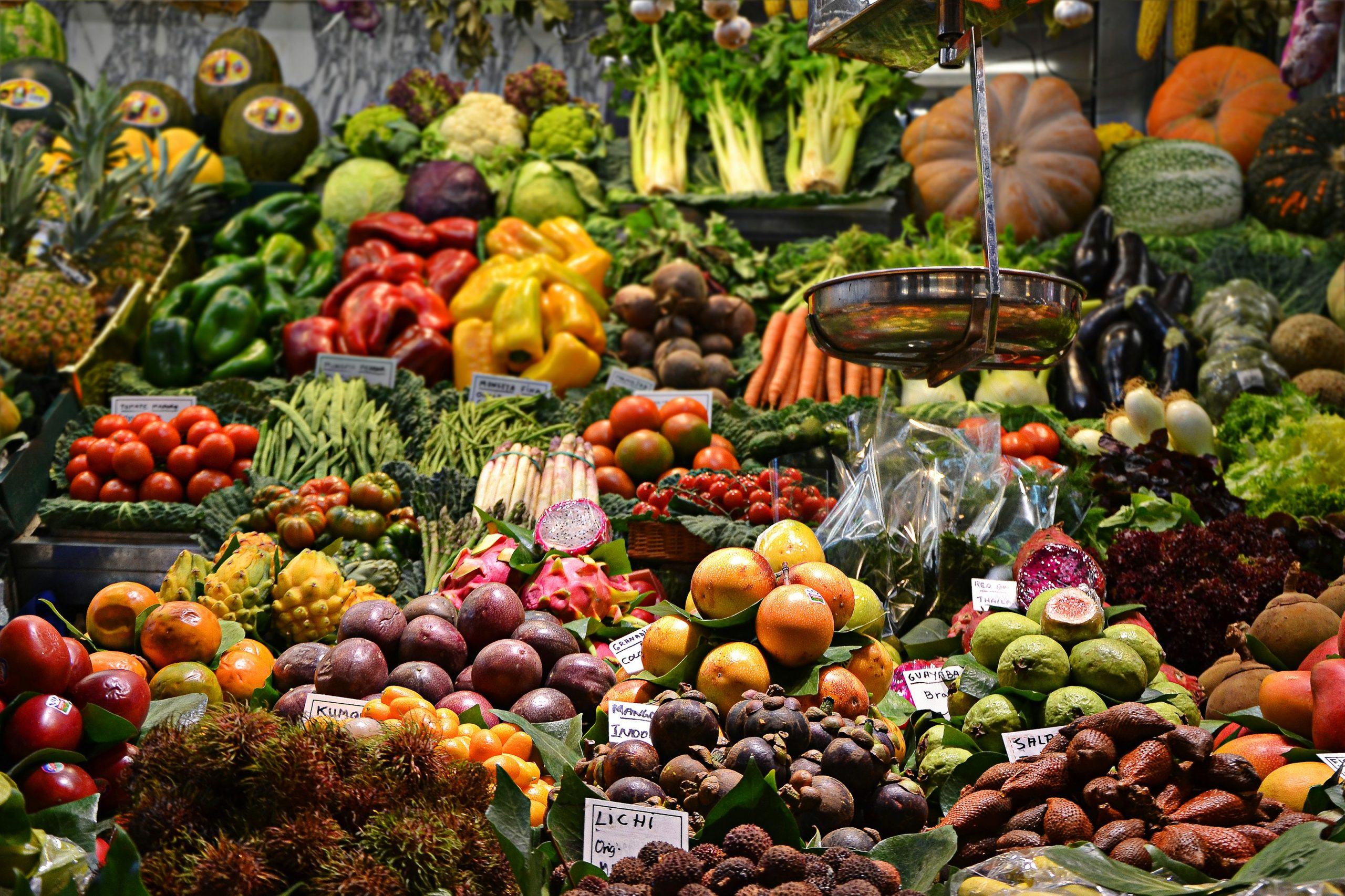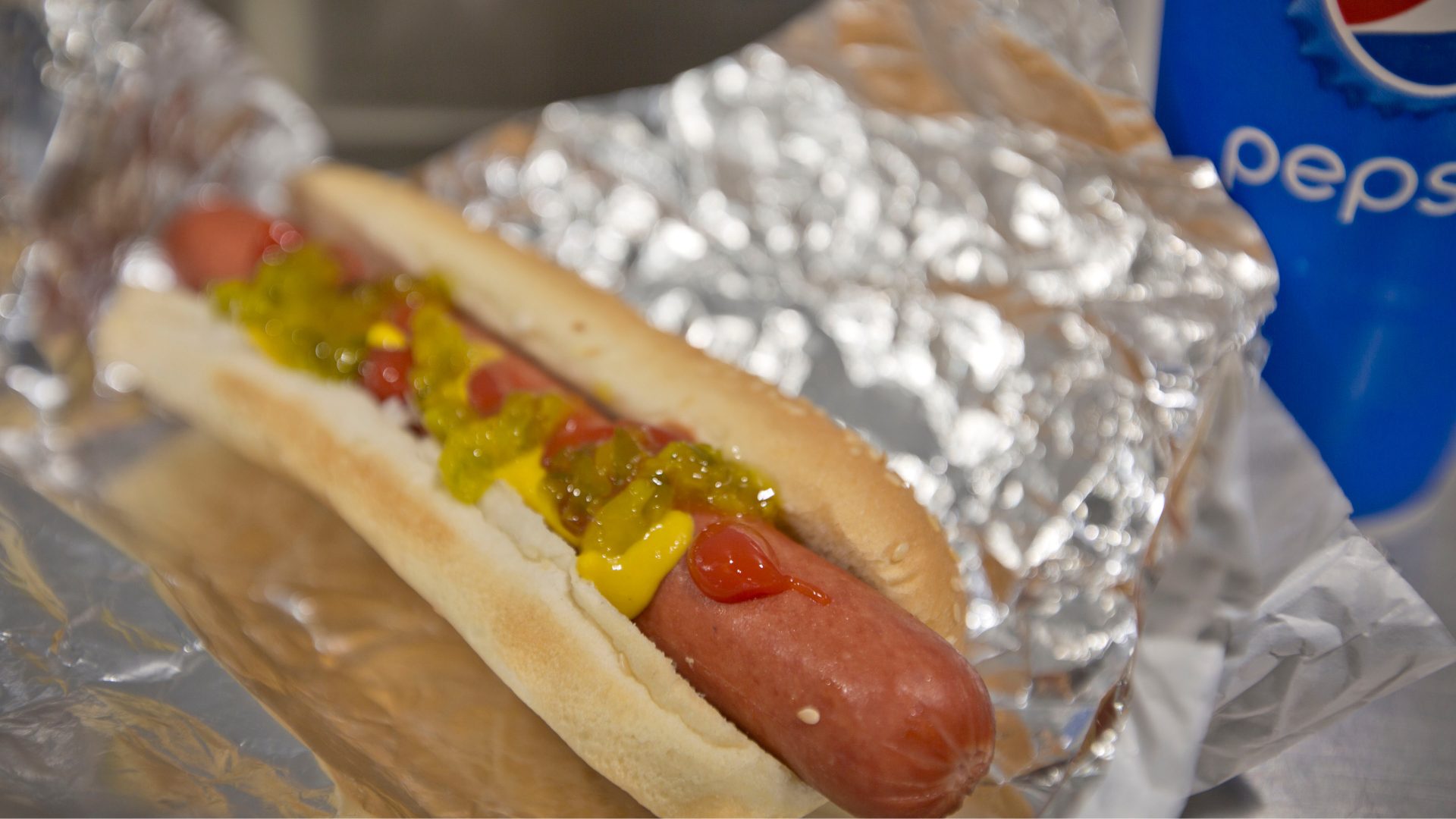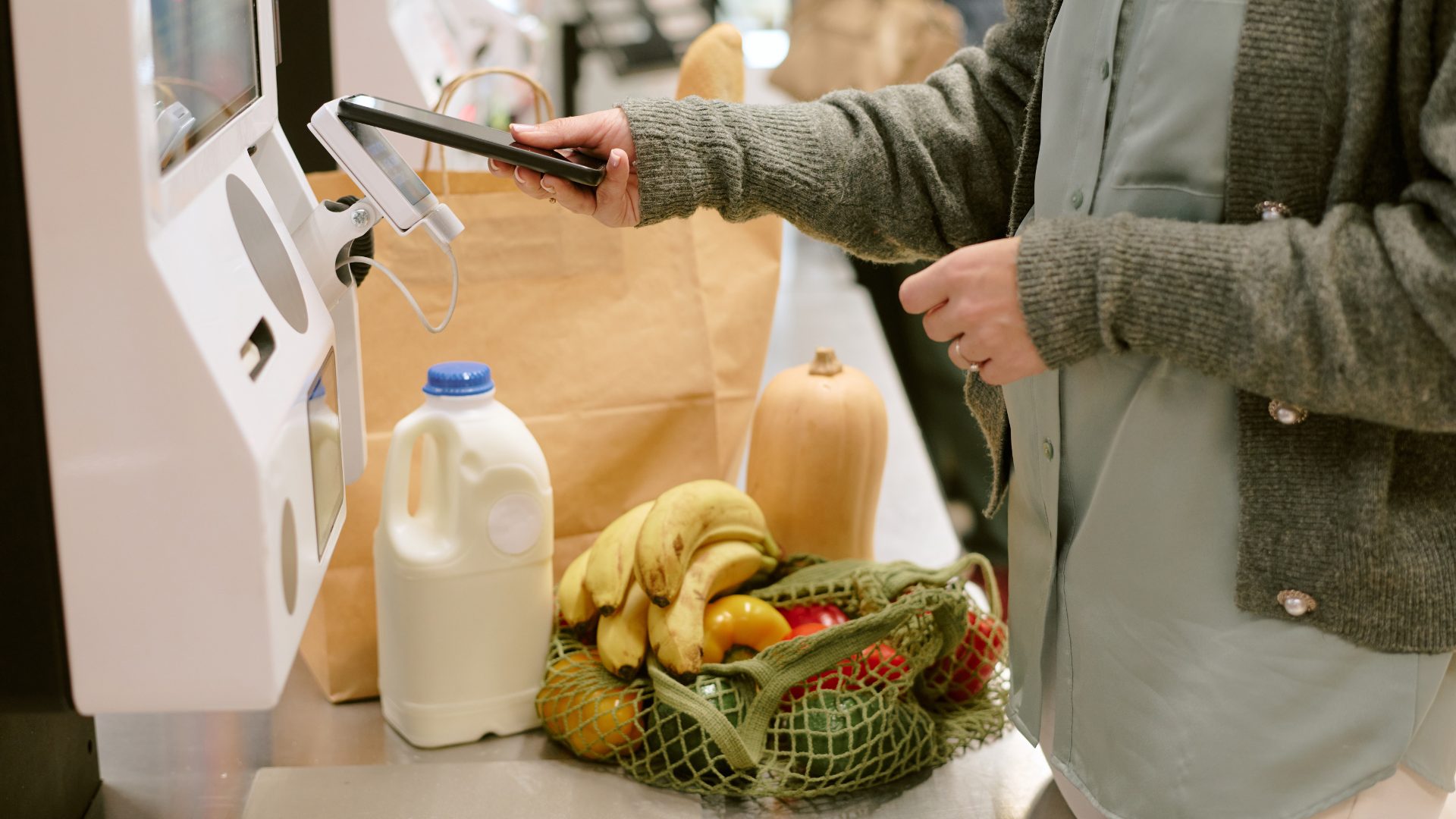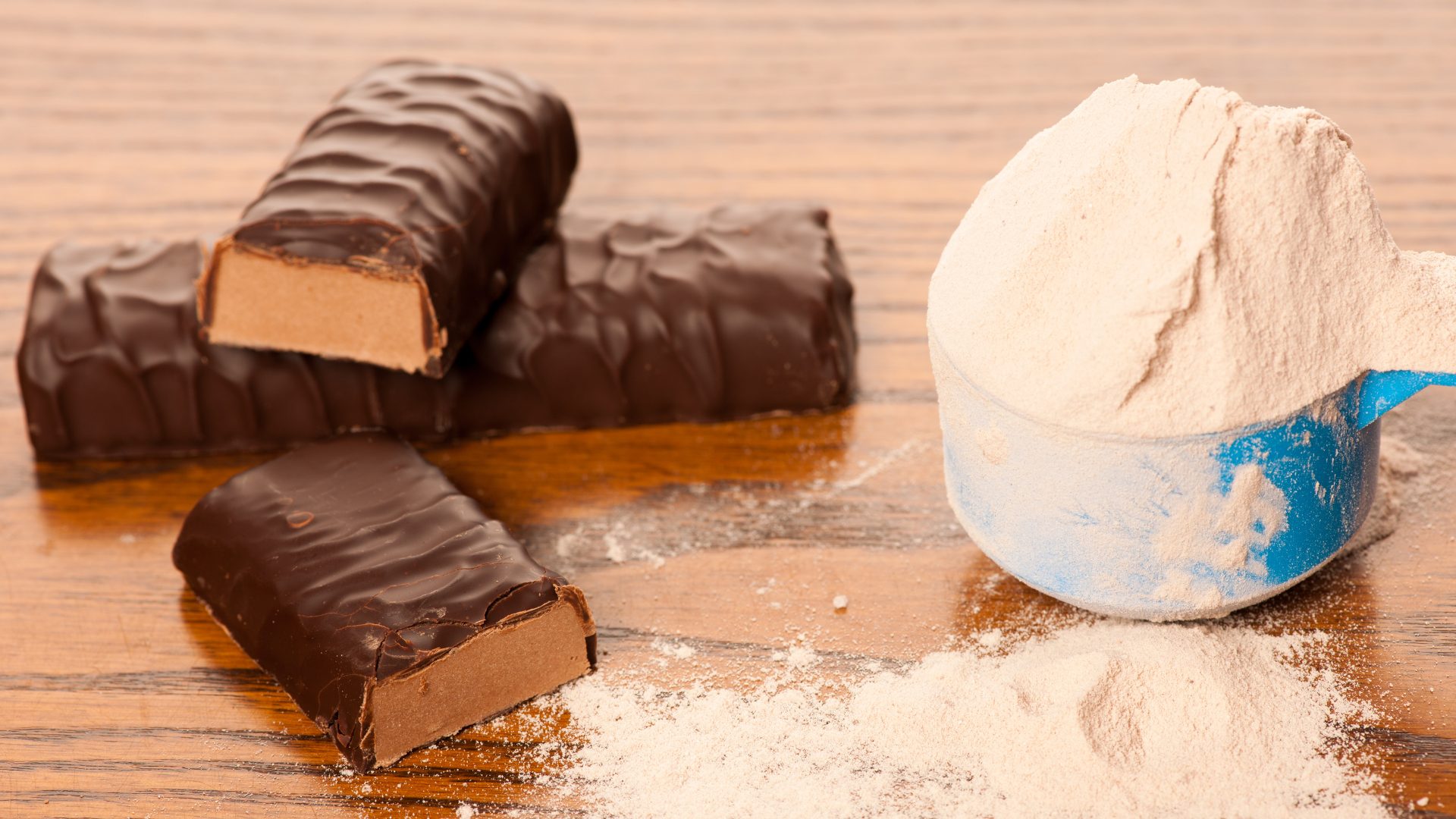The convenience store channel grew 7.7% in the 13 weeks ending September 26, outperforming the broader market for the third consecutive quarter, according to a new report from data analytics firm IRI.
Stronger growth in the third quarter was largely the result of increased mobility, as consumers returned to stores, made more frequent trips, and increased their average basket size. C-stores also saw more visits overall, aided by the broader variety of food offerings.
“Convenience stores, like club stores, dollar stores and drug stores, have become bona fide grocers, joining restaurants in competing with supermarkets for share of stomach,” Scott Moses, Group Head of Grocery, Restaurants and Pharmacy Group & Managing Director at Solomon Partners, told The Food Institute. “Their prepared foods have been particularly impactful, across dayparts.”
Fastest Growing Food Categories
Recent sales traction in c-stores has been led by edible products, which are seeing significant volume growth. Total dollar sales for the third quarter were up 10.6% for edibles. In comparison, non-edibles increased 4.5%, driven by largely by inflation and mix changes.
Edible products within the top-ten-growing categories include:
- Processed poultry (FRZ/RFG)
- Breakfast foods (FRZ)
- Pickles/relish (RFG)
- Dry fruit snacks
- Luncheon meats
In 2022, convenience stores will continue targeting foodservice to sustain outsized growth in future quarters. “Quality, fresh-prepared food — from baked goods, sandwiches and coffee program or “local” offerings — can be the destination difference,” the IRI report stated.
Store Brands in the Lead
Convenience store retailers are also investing in their store brands and own-brand food products to drive trips and strengthen consumer loyalty. Private label edibles saw a 114.5% year over year increase in dollar sales in the third quarter and ranked in the top ten growing c-store brands.
Furthermore, store brands outperformed national brands in the edible category over the past two quarters. Total dollar sales for the third quarter were up 20.2% for own-brand food products, while national edibles increased 10.2%.
“Convenience stores need to have a strong private brand program in order to differentiate their assortment and continue maximizing consumer loyalty,” Nicole Simonds, Integrated Marketing Lead at Daymon told The Food Institute. “As there is a 98% overlap of national brand offerings at retailers, private brands represent the perfect lever to help retailers stand out among the competition and keep consumers coming back for the unique offerings they can only get at their stores.”


